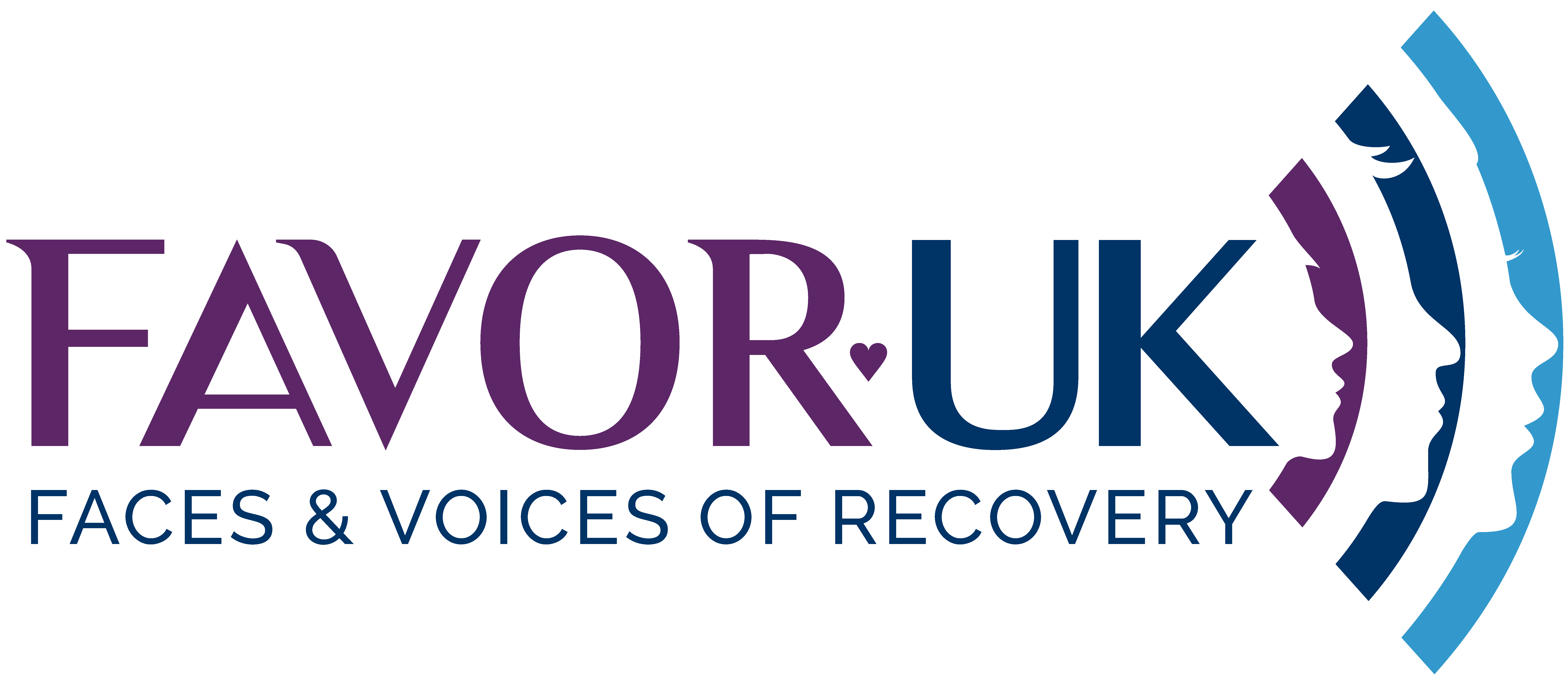WHAT IS REHAB?
Inpatient rehabs are intensive, residential treatment programs designed to treat serious addictions. Patients stay at a clinic in a controlled environment with 24-hour medical and emotional support. During inpatient treatment, residents are able to completely focus on getting well and sober without the distractions of everyday life. This type of treatment may suit people who have struggled to give up through community based treatment programmes.
Residential treatment facilities may use a variety of therapeutic approaches, and they are generally aimed at helping the patient live a drug-free, crime-free lifestyle after treatment. Psychologists, counselors and psychiatrists meet with patients individually and in group settings to guide inpatient recovery. A typical inpatient program runs anywhere from 28 days to six months.
The first step in inpatient treatment is medically assisted detox as well as intensive counselling and preparation for treatment in a community based setting. Physicians and addiction specialists monitor patients’ vital signs while the drugs exit the system. Drug cravings are common during detox and can be difficult to overcome, often leading to relapse.
Constant medical care provided during inpatient treatment helps guard against relapse. Clinicians can provide necessary medicine and medical expertise to lessen cravings and withdrawals.
Access to Rehab
If you can afford it, you can fund rehab yourself. In this situation you contact the Rehabilitation centre yourself. (Beware of rehab referral agencies as they may take a fee from you or the rehab centre, or both).
Even if you are able to fund rehab yourself, it can be helpful to access it via your community drugs service, which can help you find a reputable and appropriate centre.
If you need help funding a rehab place, in most cases you will need to go through an assessment for Community Care funding. (You have a right to a Community Care Assessment (CCA) under the NHS and Community Care Act 1990). This will normally be undertaken by a social worker in your local authority or community drugs service.
Rehab certainly helps many people, it offers a supportive retreat from daily life where you can focus on getting control back. Others may find it hard to leave their current life and fear loosing their home, children or job. Rehab can leave you feeling cut off and difficult to find support after leaving treatment therefore vulnerable to relapse.
Make sure you build in sufficient aftercare and support.
Rehabilitation opportunities are also offered through supported housing rather than traditional residential services. In this case the rehabilitation centre will use your housing benefit entitlement to fund your place along with some treatment money from the NHS. Often these centres will help you access move-on accommodation and will have a strong push towards helping you regain your independence.
Rehab Online is a directory of residential rehabilitation services for adult drug and/or alcohol misusers in England and Wales. It will give you information about these services, whether you are a member of the public, a professional or a service user.
Rehab Watch has been set up by the NHS in England and Wales so that you can highlight any difficulties that you have experienced in accessing rehab.

